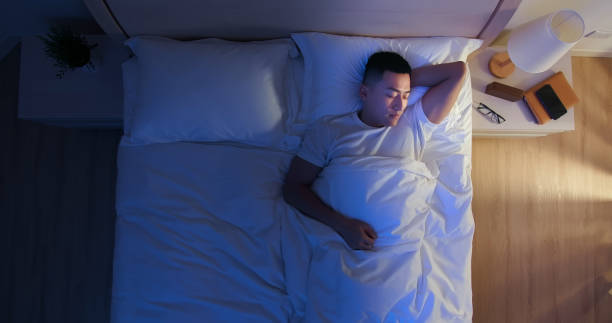
Washington (US): Growing up in an unsafe neighbourhood was associated with poorer sleep in adulthood, suggests the findings of a recent study on Black women.
A total of 1,611 Black women in Detroit, Michigan, who enrolled in the Study of Environment, Lifestyle and Fibroids reported their perceived childhood neighbourhood safety at ages 5, 10 and 15 years. Participants also reported their sleep duration, quality, and insomnia symptoms.
Results show that those who perceived their neighbourhood as unsafe versus safe at each age were more likely to frequently wake up feeling unrested as adults. Short sleep duration of fewer than seven hours and frequently waking up feeling unrested during adulthood were reported by approximately 60 per cent of women, and 10 per cent reported frequent insomnia symptoms.

The perceived unsafe neighbourhood at ages 5 and 15 years was associated with frequent insomnia symptoms and frequently waking up feeling unrested, respectively. Participants who perceived their neighbourhood as unsafe at age 10 years had a marginally higher prevalence of both frequently waking up feeling unrested and frequent insomnia symptoms during adulthood.
"Due to structural racism and historical practices of redlining as well as contemporary residential segregation, Black/African American children are disproportionately overrepresented in neighbourhoods characterized by concentrated poverty and being unsafe," said lead author Symielle Gaston, who has a doctorate in epidemiology and is a research fellow with the National Institute of Environmental Health Science.
Gaston added, "Our results suggest that intervening to help make a child's neighbourhood feel safe, a modifiable target in which both communities and policymakers can intercede, may help prevent other downstream risk factors, namely poor sleep health before it develops and potentially negatively impacts both mental and physical health.

"Gaston added that while addressing neighbourhood safety at any age is important, middle childhood may be an optimal time for safety and sleep interventions since relationships between perceived safety with adulthood sleep were most consistent.
She hopes to continue this line of research using objective measures over the life course and in different geographic areas. (ANI)







